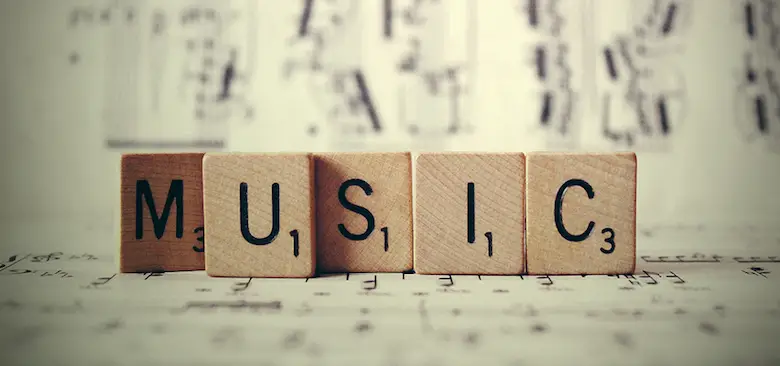
Disability in later life: continuing to play music after becoming disabled
Vanessa’s life took a sharp turn when she found out about her new disability, and it shook her world. It wasn’t just a change in health; it had her wondering how on earth she would keep making music. But guess what? She’s not the sort to give up easily. There’s a wealth of experience behind her, and she’s got a knack for overcoming hurdles. Embark on her adventure and see how she found a way to bring music back into her life, paving the way for others who share similar challenges. It’s a tale of bravery, where each note she plays holds the promise of hope and unity. Dive into Vanessa’s story and discover the power of music to bridge worlds.
A year ago I made a whole host of resolutions. But this year there were no resolutions, only goals. Why?
Back in 2016 my world came crashing down around me and my life changed in ways I never imagined it could. I developed a disability called Dystonia, which is a little-known neurological condition that leads to painful muscle spasms, uncontrolled movements and abnormal posture. These are essentially caused by signals from the brain telling muscles to move incorrectly. For me, the area most affected is my neck and back.
Initially, this diagnosis didn’t worry me too much. That was until I found out it is incurable and that treatment for the disability isn’t particularly well researched. The helpline at The Dystonia Society has been a godsend in terms of support.
The unfortunate added blow for me is that I am, or rather I was, a musician and teacher. By the April of 2016, my neck spasms were so bad I could no longer hold a trumpet anywhere near my lips without painful muscle contractions forcing me to stop. That was the first thing to go – no more orchestral playing for me.
By the end June the spasms had deteriorated further, to the extent that I could no longer play the piano, or even look at it without tremor and spasm.

At this point it began to dawn on me – my 40 years of music experience was in very real danger of being something I would never able to utilise in the same way again.
Following close on the heels of that blow, and on a more practical level, I also became unable to drive, cook, tie my own shoelaces, walk without supervision… the list goes on. Not being able to drive was difficult to deal with, but, if I’m honest, the loss of my music was the biggest hardship of all.
I have been playing and teaching music for many years, so you can imagine the effect this has had on my life. It’s been devastating. My whole identity as a person suddenly changed from being a musician and teacher to what felt like nothing.
Getting my life back on track
It has been almost 9 months since I had the first symptoms and I began 2017 wondering what to do now. I am not prepared to give up music – it is too much a part of my life and identity. What then are the prospects for a trumpet player who really needs three hands (one to hold the trumpet, one to hold the head still and one to press the valves)?
What adaptations could I make so that I could pick it up once again? Maybe a contraption to hold the trumpet so I am hands free? What about the piano? Could I sit sideways and still reach the keys? And would I still be able to teach music to others? Are there options out there for them too? I had so many questions, many of which I am only now feeling well enough to begin to tackle.
Three music institutions have been a great help in my journey: Musician’s Union, Royal Society of Musicians and Help Musicians UK. They have all supported me in ways I can only thank them for. Now that I can’t teach professionally, their financial support has allowed me to pay my bills whilst going through the painful benefits assessment system.
It was through these institutions that I learnt about the One Handed Musical Instrument Trust. It runs yearly competitions to find new and innovative inventions that help disabled people play music. For example, last year’s winner included a saxophone that can be played with just one hand. It also loans out some of the winning instruments for people to play.
I also learnt more about Drake Music, which is also heavily involved in music, particularly with disabled children. It helps create assistive technology that enables disabled people, of all abilities, to create music. It also gives advice and runs training courses with music hubs and art organisations to ensure music is made more accessible.
So now, maybe my musical life will take a new turn. Teaching music will take on a whole new meaning for me. There are people out there with disabilities far worse than mine, so perhaps now my goal is to support them in their music making.
I’ve begun to volunteer for Help Musicians UK in the hope of reaching out to more musicians who may be in need and find it difficult to know where to turn. I hope they can get as much out of music as I have over the last 40 years.
By Vanessa Richards
Get in touch by messaging us on Facebook, tweeting us @DHorizons, emailing us at editor@disabilityhorizons.com or leaving your comments below.
https://disabilityhorizonscom.onyx-sites.io/2016/12/top-accessible-music-and-events-venues-across-the-uk/
Originally posted on 30/03/2017 @ 12:33 am